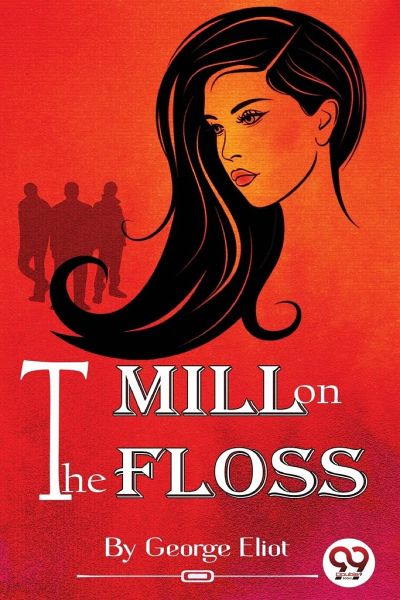
The Mill on the Floss
Versandkostenfrei!
Versandfertig in 1-2 Wochen
34,99 €
inkl. MwSt.

PAYBACK Punkte
17 °P sammeln!
The Mill on the Floss, a novel by George Eliot, was published in three sections in 1860. It thoughtfully portrays the vain attempts of Maggie Tulliver to adapt to her small-town world. The disaster of her situation is highlighted by her brother Tom's actions, who forbids her from communicating with the one friend who values her knowledge and imagination. While she is trapped in a compromising situation, Tom denies her altogether, but the siblings are accommodated in the end as they were trying in vain to survive the climactic flood. This novel is considered one of George Eliot's best achieveme...
The Mill on the Floss, a novel by George Eliot, was published in three sections in 1860. It thoughtfully portrays the vain attempts of Maggie Tulliver to adapt to her small-town world. The disaster of her situation is highlighted by her brother Tom's actions, who forbids her from communicating with the one friend who values her knowledge and imagination. While she is trapped in a compromising situation, Tom denies her altogether, but the siblings are accommodated in the end as they were trying in vain to survive the climactic flood. This novel is considered one of George Eliot's best achievements. The Mill on the Floss is famous for its accurate, expressive portrayal of English rural life and its significantly persuasive analysis of a woman's psychology.














